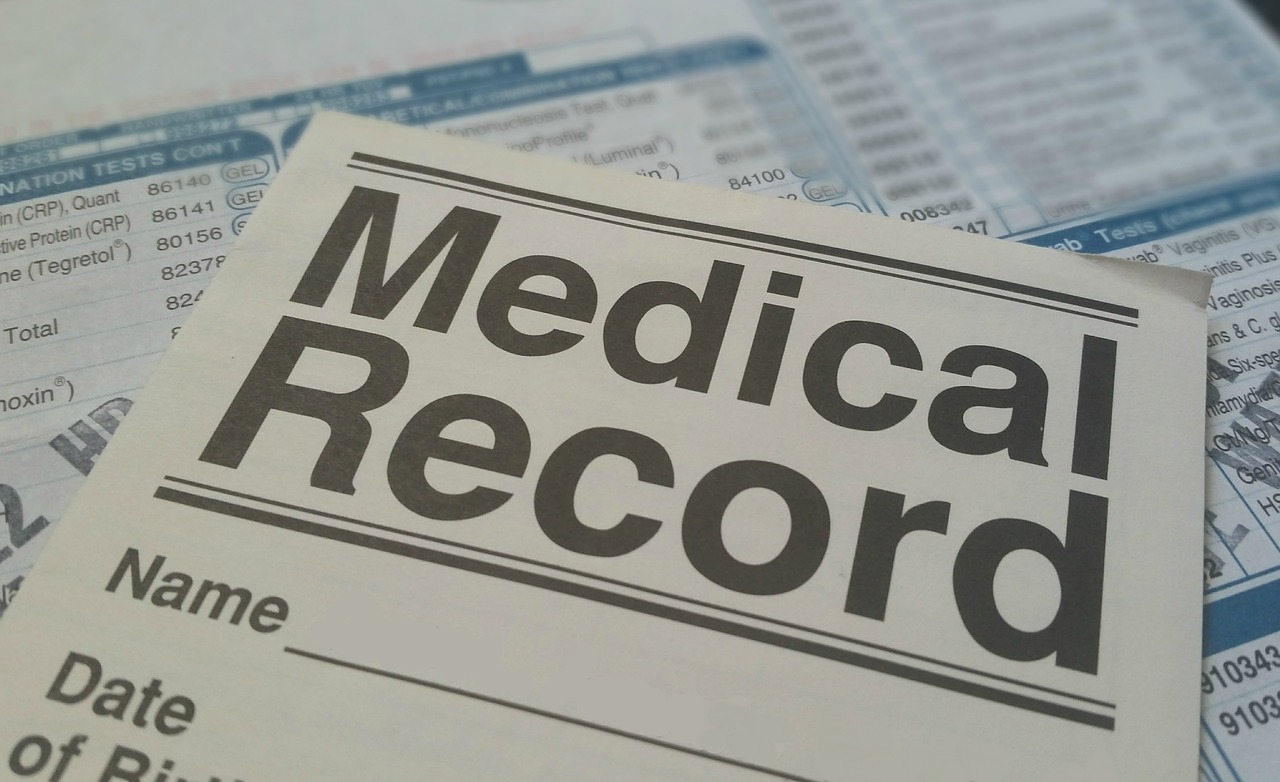Civil rights group Digital Rights Watch have urged Australian citizens to be aware of deeply concerning privacy issues in the Government’s planned digital health record system, as the opt-out period begins today.
“From today, people can choose whether or not they will be included in the largest mandatory medical database in Australian history. Given this government’s track record on failing to protect privacy when in comes to personal information, we’re encouraging everyone to consider opting out,” said Digital Rights Watch Chair Tim Singleton Norton.
By the end of 2018, a ‘My Health Record’ will be created for every Australian unless they choose not to have one. A three month opt-out period runs from 16 July to 15 October 2018.
“A range of privacy concerns have been raised in relation to this system since it was first proposed years ago. Despite this, no guarantees have being given that individual citizen’s personal information will be kept safe and secure.”
“Health information is incredibly attractive to scammers and criminal groups. Creating such a massive database of Australian’s personal, private health information is highly likely to become a target in the future,” said Mr Singleton Norton.
“There are also concerns of the current or future access being granted to private companies. In 2016, the Department of Health provided access for Telstra to the national bowel and cervical cancer screening register, thus giving a for-profit company access to intimate health information without prior consent of those affected. What guarantees are we being given that this will not occur again?”
“This government seems hell-bent on building a comprehensive, invasive digital profile of each and every citizen, despite repeated concerns around privacy protection. This ranges from the decision to retain identifiable data in the 2016 national census, the Centrelink robo-debt debacle and the mandatory metadata retention scheme. All of these decisions do nothing other than reinforce people’s very valid distrust in their government.”
“People should also be aware that records cannot be deleted once it has been created; it can only be deactivated and access for health providers removed. Personal information will still be accessible by government agencies.”
“Australians need to be able to have faith in their government agencies to properly protect their personal data. Until this faith can be secured through proper protections and an individual rights-based approach applied to data collection, we should not be leaping into yet another national database of personal information,” he concluded.

